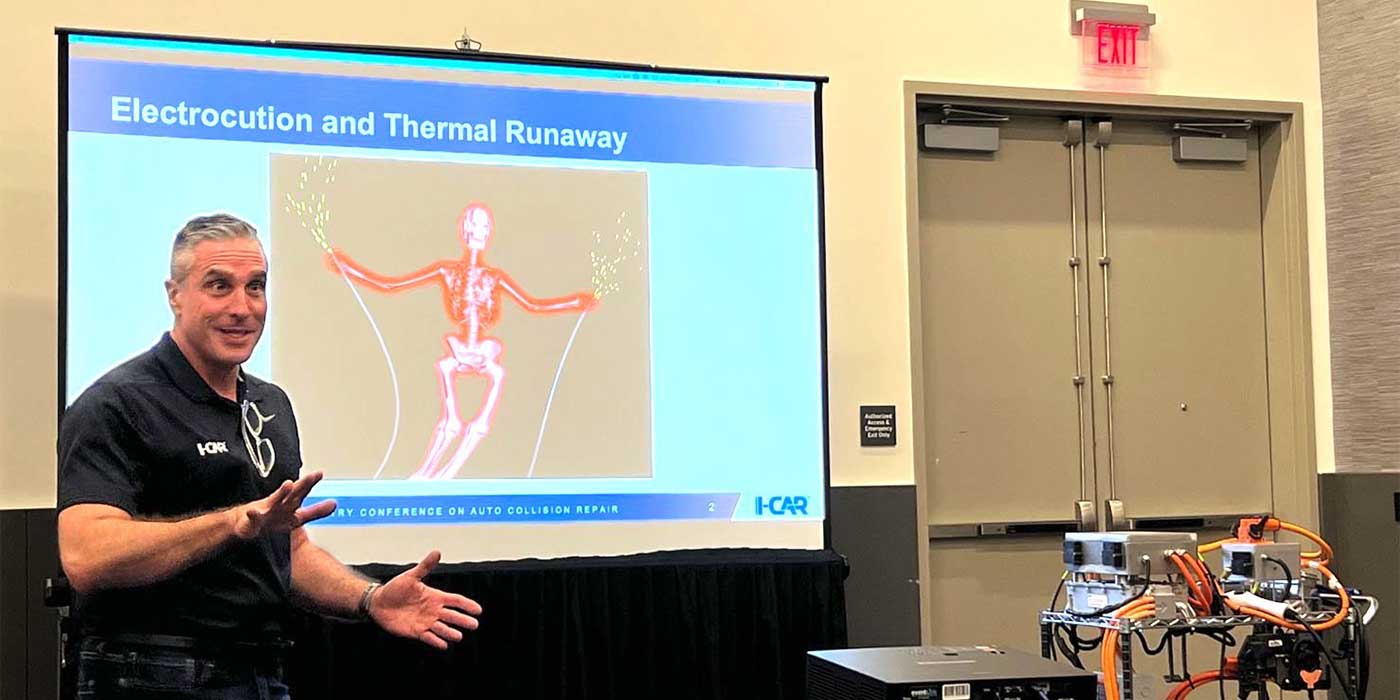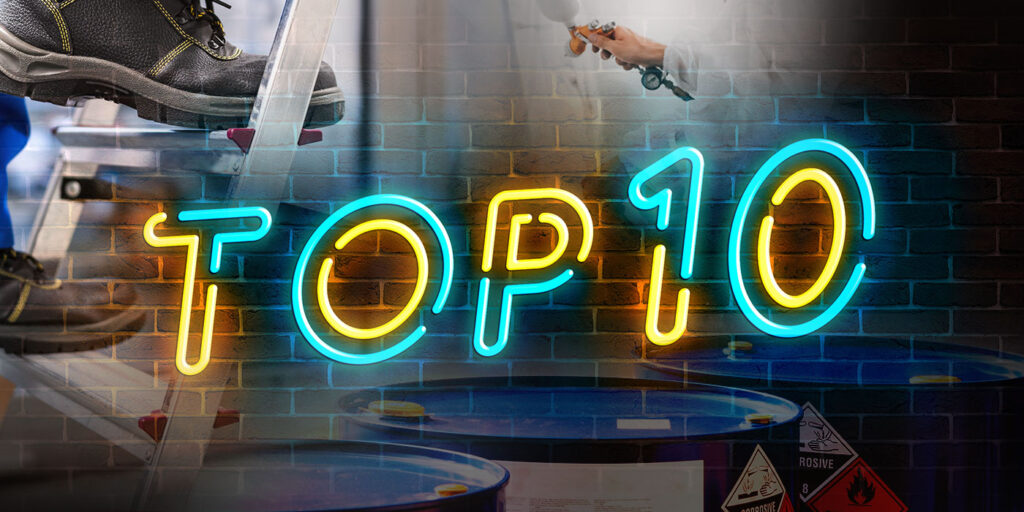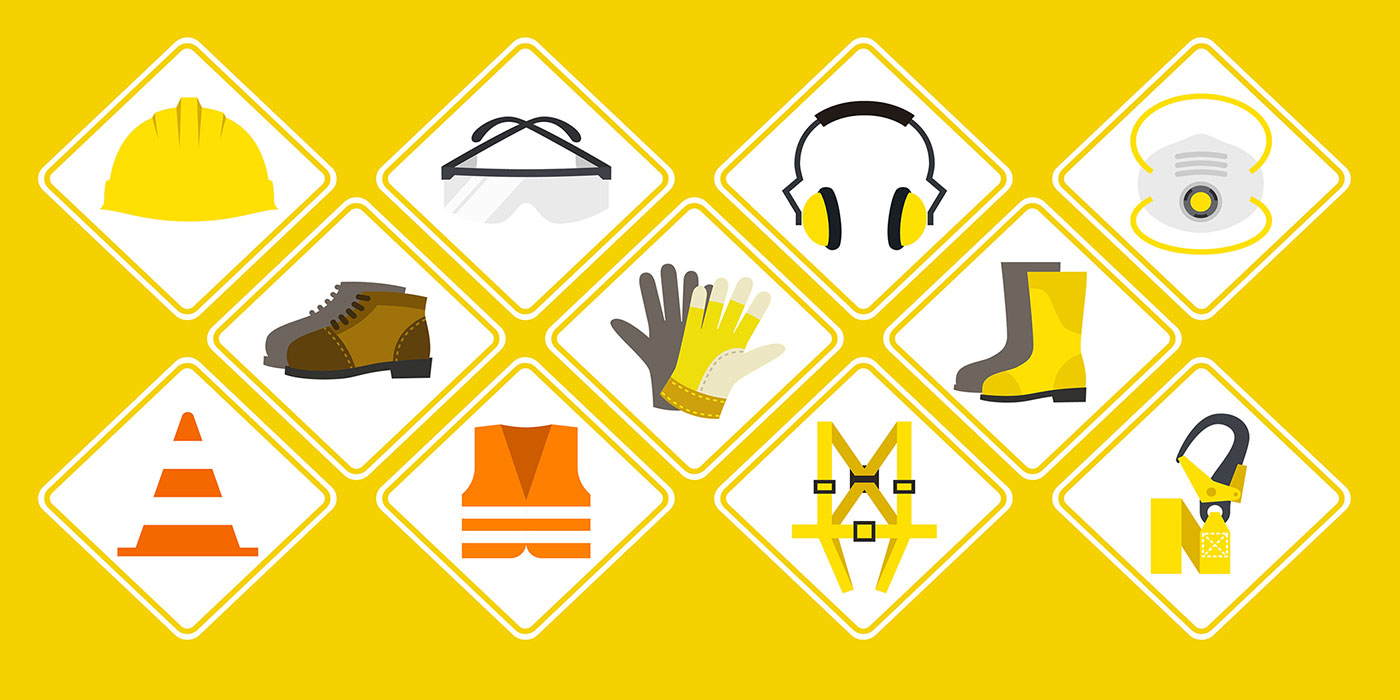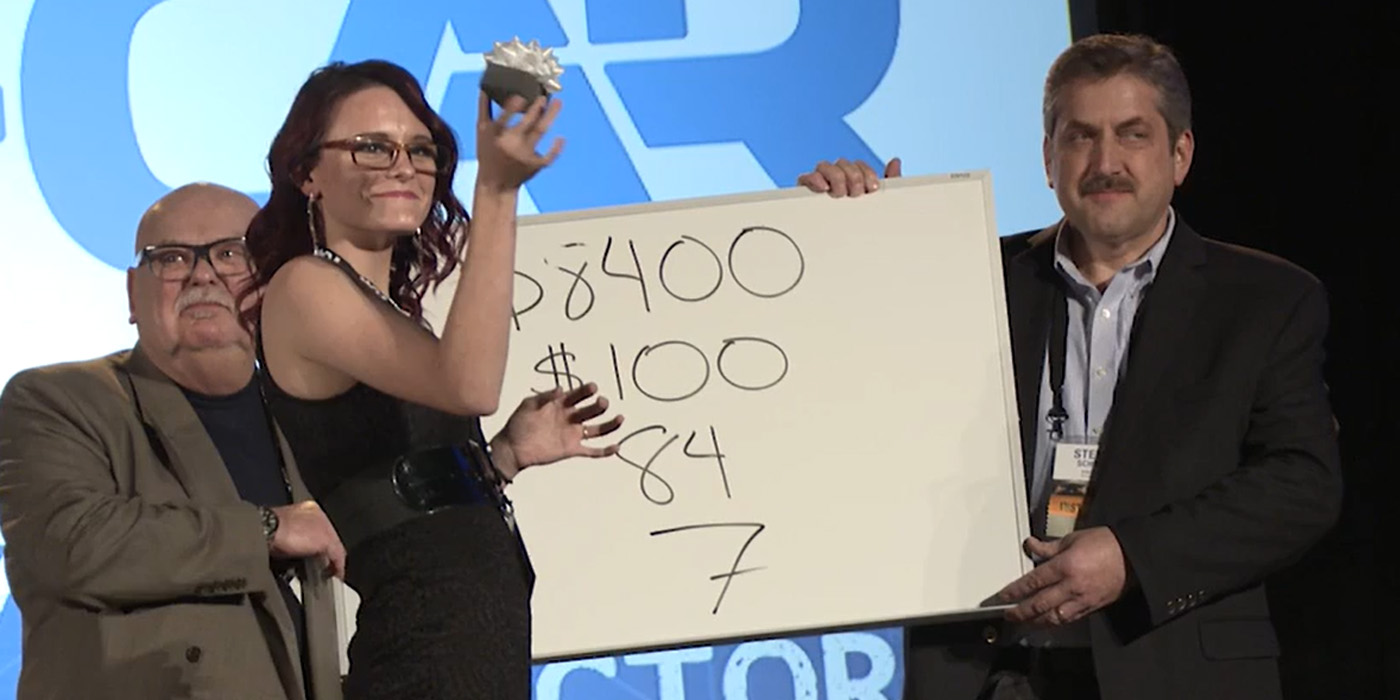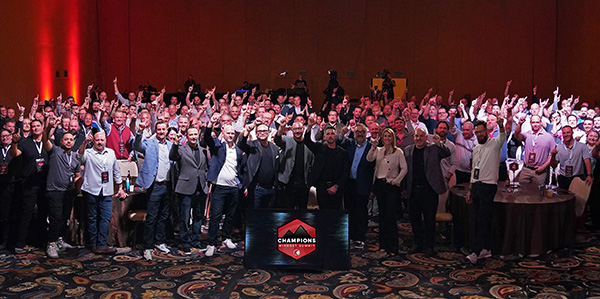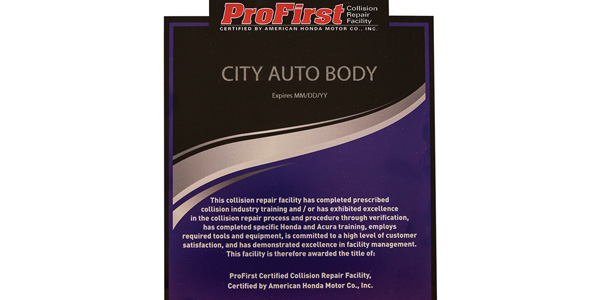
Vehicle manufacturers have been progressively creating certification standards required to properly repair their vehicles. Now more than ever, the concern of the repair of their vehicles is affecting how repairers conduct business. It’s nothing new; they’ve always been concerned. But now, with more manufacturers developing certification standards, the focus for repairers has to shift to compliance.
Brand Loyalty
I think in the very near future it will be impossible to repair a vehicle if your shop isn’t certified in a brand. You see it already in quite a few brands: Honda, Mercedes-Benz, Nissan, Chrysler, GM, Ford, Jaguar Land Rover, Tesla, Infiniti and Hyundai.
The reason OEMs are concerned, other than safety, is brand loyalty. There are studies that show if a customer has a repair issue, they’ll go to a different brand most of the time.
Manufacturers want us to repair their vehicles properly. They’ve developed standards, and they’re transparent and available to repairers. They all have different criteria for achieving certification, not only in the methods we use to repair the vehicles but also in the equipment we use to repair them.
There aren’t enough certified dealer-owned body shops to repair the demand. The majority of dealers in my particular market aren’t equipped or certified to repair their own brand. Because of this, there are dealers that have closed down their shop. There’s an all-around shortage of certified shops available to make the proper repair, so even though it’s expensive to become certified, I see it as a huge opportunity for us.
Load Leveling
We have worked hard to become certified on most makes. The advantage for a MSO becoming certified on most makes is we can spread out the different brand certifications and load level accordingly. For instance, we have a certified Ford aluminum repair shop in every market we’re in. We’ll transport a vehicle to the Ford aluminum shop from another shop 10 or 20 miles away, do the proper repair and then deliver the vehicle back to the drop-off location when completed.
We have a call center that will suggest that a customer go to the certified shop when it’s convenient for them to do so. If it’s not, we’ll transport. We have a few dealer relationships that require us to be certified on their brands, and we transport those vehicles automatically.
Cost
The cost of becoming and staying certified is different for every brand. We have spent as much as $150,000 to become certified at a single shop. We were the first shop in one market to become certified and, at the time, the cost for the equipment and training was higher than it is now. That’s why I’ve learned that it’s prudent to wait it out a little if you can.
You can expect to pay an annual fee to stay certified, and the cost varies from $2,000 to $6,000 per shop. There’s also a cost for training the estimators, parts personnel and technicians that can get expensive as well. We’ve achieved the proper training by charting what each person in those departments has completed in every brand. Our training programs include I-CAR, OEM and equipment manufacturer training. We have desktop computers available at each location for online training, but we send personnel out of town for training as well. We’ve also brought in a trainer.
Summary
We promote the certifications to the public and to our clients. It’s important to set yourself apart from the competition, and this is an avenue to do so. I know the payoff will be slow, but it’s a necessity if you’re going to be in the business in the years ahead.



